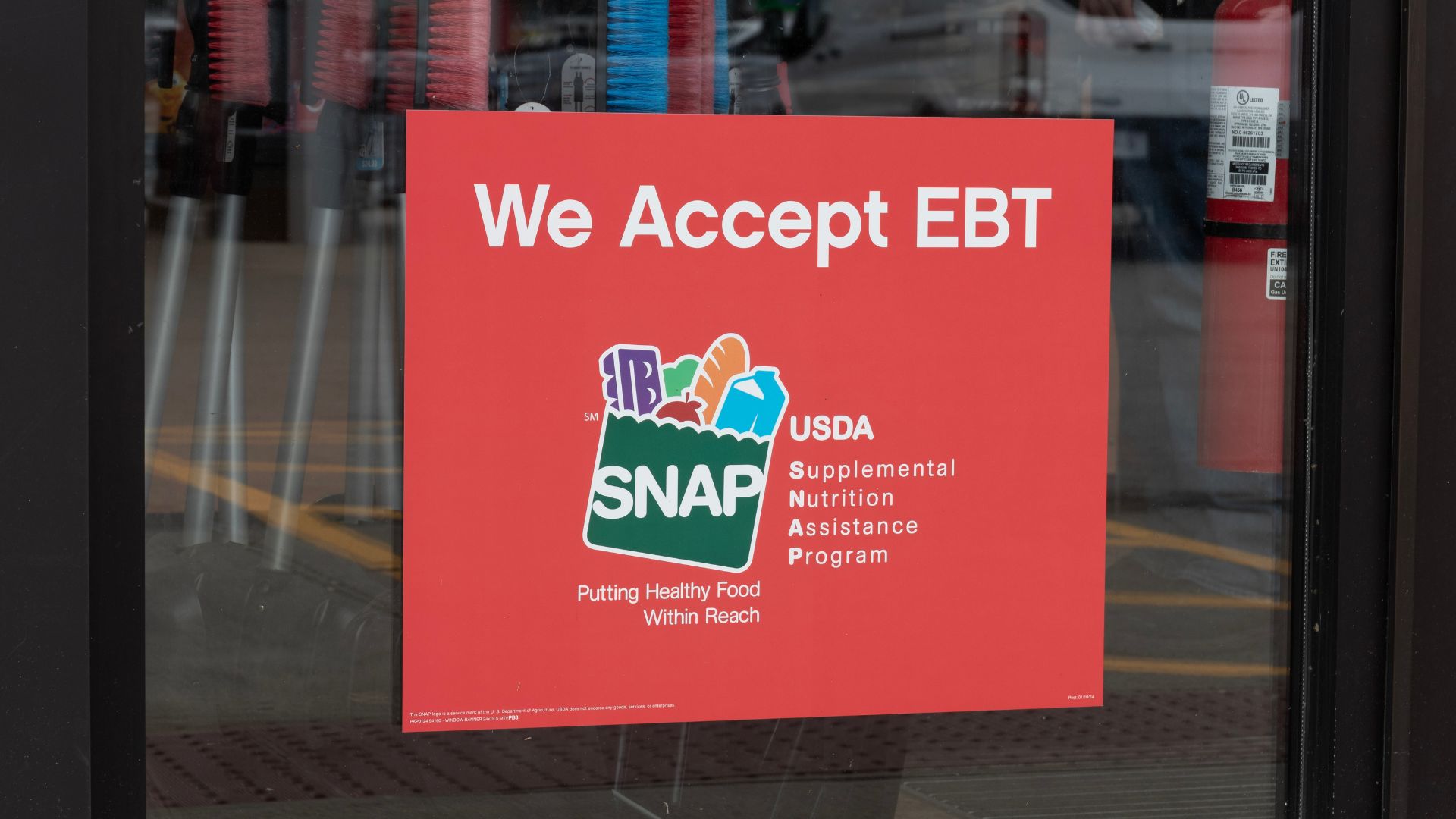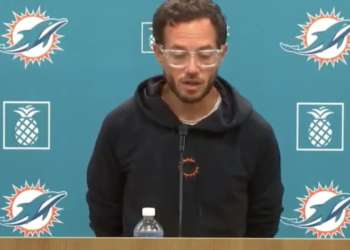
The Supplemental Nutrition Assistance Program (SNAP) officially ran out of federal funding over the weekend as the government shutdown entered its fifth week, according to the U.S. Department of Agriculture (USDA).
Agriculture Secretary Brooke Rollins said on Sunday that the department had warned states earlier this year to verify SNAP eligibility to ensure taxpayer-funded benefits were not being distributed to illegal immigrants.
Rollins said that while 29 states complied with the request, 21 states refused to share their data, and two filed lawsuits against the USDA for making the request.
“We told every state to send us their SNAP data so we could make sure illegal immigrants aren’t getting benefits meant for American families,” Rollins said.
“Twenty-nine states stepped up. Twenty-one blue states refused — and two sued us for asking.”
On my first day @USDA, we told every state to send us their SNAP data so we could make sure illegal immigrants aren’t getting benefits meant for American families. 29 states stepped up. 21 blue states refused — and two SUED US FOR ASKING! 🤦🏻♀️
And guess what? In just the states… pic.twitter.com/W7ha0Le1eN
— Secretary Brooke Rollins (@SecRollins) November 2, 2025
This Could Be the Most Important Video Gun Owners Watch All Year
The SNAP program, which provides food assistance to low-income households, has been strained by record enrollment numbers and budget constraints.
According to a 2023 analysis from the Center for Immigration Studies (CIS), “households headed by illegal immigrants make extensive use of the welfare system, particularly food assistance programs.”
The report estimated that 59 percent of households headed by illegal aliens receive some form of welfare benefit, including cash assistance, food programs, Medicaid, or housing subsidies.
The CIS report, based on government data, raised questions about how federal and state agencies verify eligibility for these programs.
It stated that the scale of participation among non-citizen households “raises important policy questions, including whether it makes sense to have an immigration system that allows in so many people who turn to taxpayers to support their children.”
The expiration of SNAP funding is expected to have widespread effects, with millions of Americans — and non-citizens — losing access to benefits as the government shutdown continues.
The USDA has not indicated when funding might resume, leaving states scrambling to assess the impact on local food assistance programs.
The political fight over eligibility and verification intensified following the USDA’s audit request.
Federal officials said the effort was part of a broader initiative to prevent fraud and misuse of taxpayer resources, while some state officials claimed it was politically motivated.
Lawsuits filed by two states argue that the USDA’s directive violates privacy laws and oversteps federal authority.
The situation has also reignited debate over long-term dependency within the welfare system.
Local reports, including a recent segment from KOAT 7 in New Mexico, have highlighted cases such as that of Maggie Aragon, a lifelong New Mexico resident who has been receiving SNAP benefits for over three decades.
“Maggie Aragon has been a SNAP recipient for more than three decades,” the report stated.
“When I heard, ‘Zero dollars,’ my chest went into my throat.”
New Mexico woman on food stamps for 30 years says SNAP freeze is “detrimental to my life.” pic.twitter.com/VFSn9LJcXM
— Breaking911 (@Breaking911) November 2, 2025
The case has been cited by analysts as an example of how some assistance programs have evolved from temporary relief measures into long-term support systems.
Under current law, SNAP eligibility is limited to U.S. citizens and certain qualified non-citizens.
However, enforcement of eligibility standards is managed at the state level, leading to inconsistencies in how requirements are applied.
The USDA’s latest review effort was aimed at ensuring compliance across all 50 states, but resistance from several state governments has delayed progress.
As the shutdown continues, the lapse in SNAP funding is adding pressure on both federal and state agencies to resolve disputes over program oversight and fiscal priorities.
With no resolution yet in sight, millions of households remain uncertain about when — or if — food assistance will be restored.

![21 Blue States Refused to Prove Illegal Aliens Aren’t Getting SNAP Benefits [WATCH]](https://www.right2024.com/wp-content/uploads/2025/11/21-Blue-States-Refused-to-Prove-Illegal-Aliens-Arent-Getting-750x375.jpg)






![Keith Ellison Caught Promising to Fight State Agencies for Somali Fraudsters [WATCH]](https://www.right2024.com/wp-content/uploads/2026/01/Keith-Ellison-Caught-Promising-to-Fight-State-Agencies-for-Somali-350x250.jpg)








